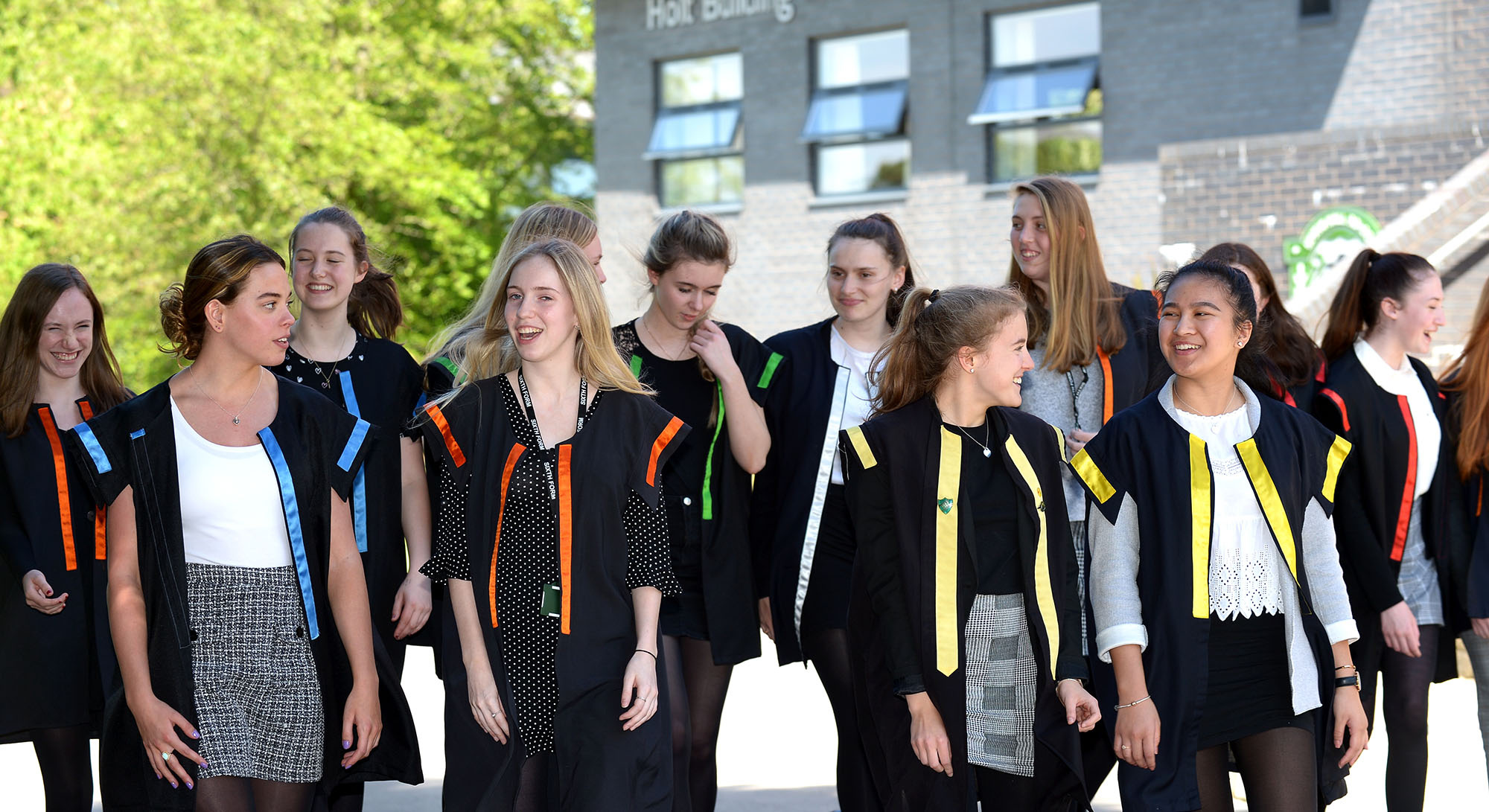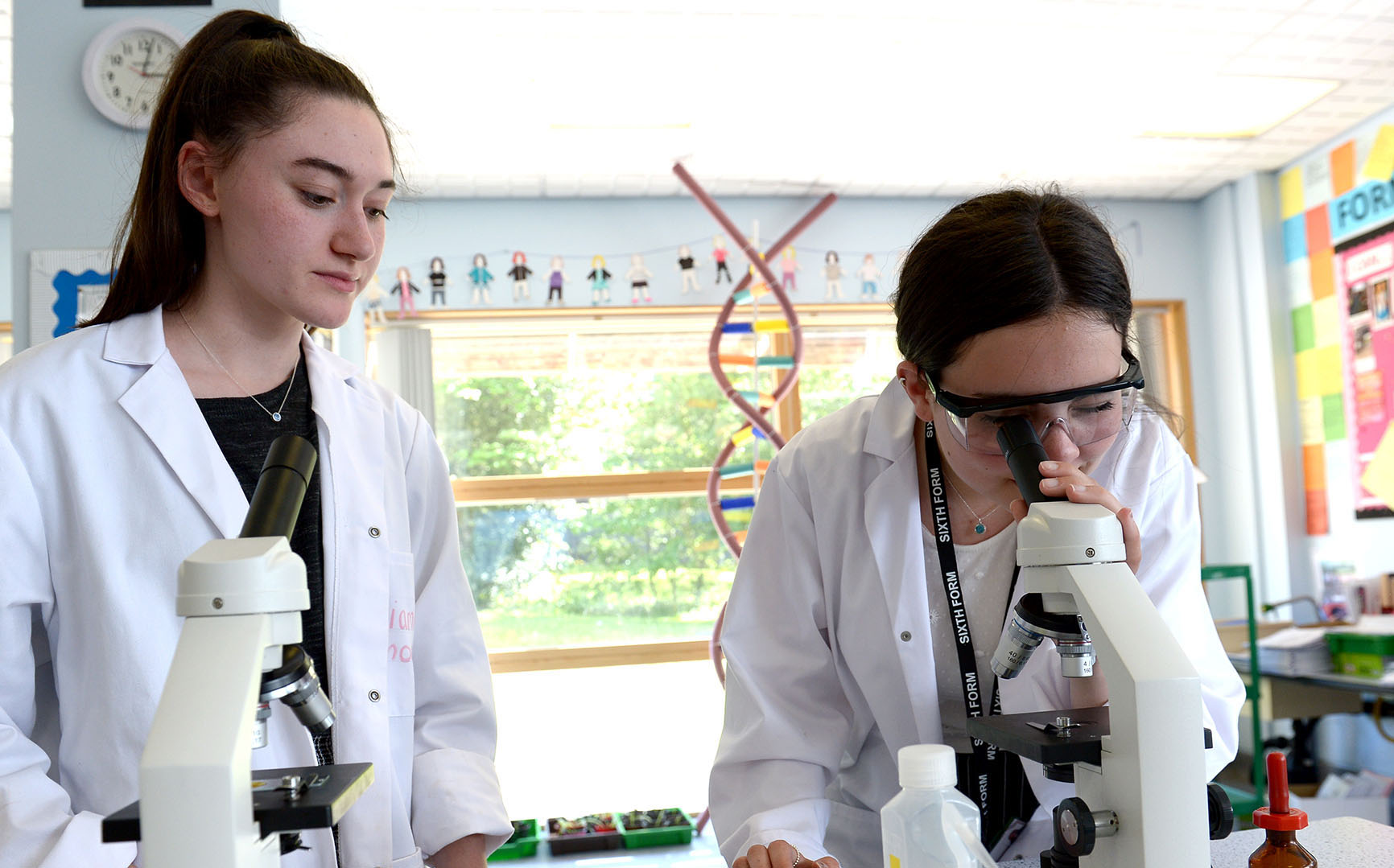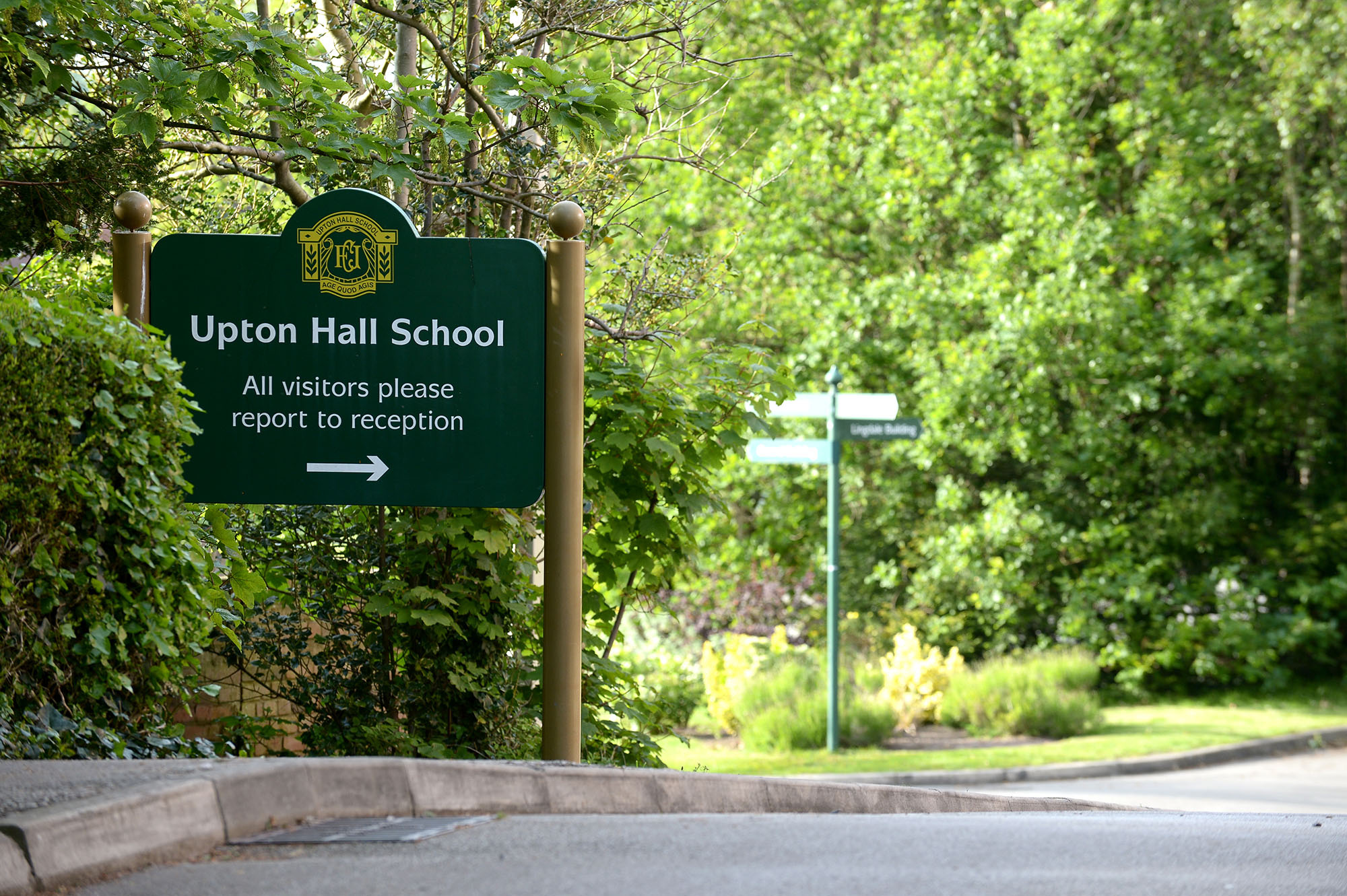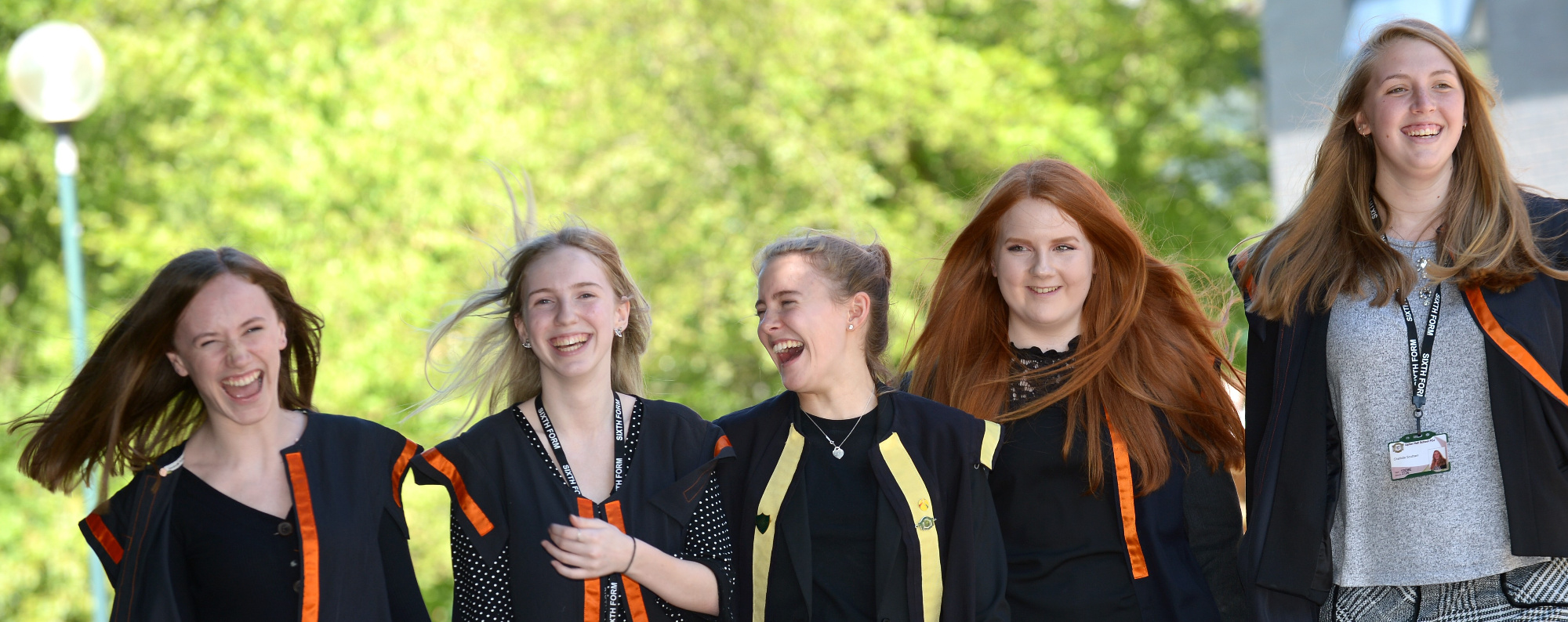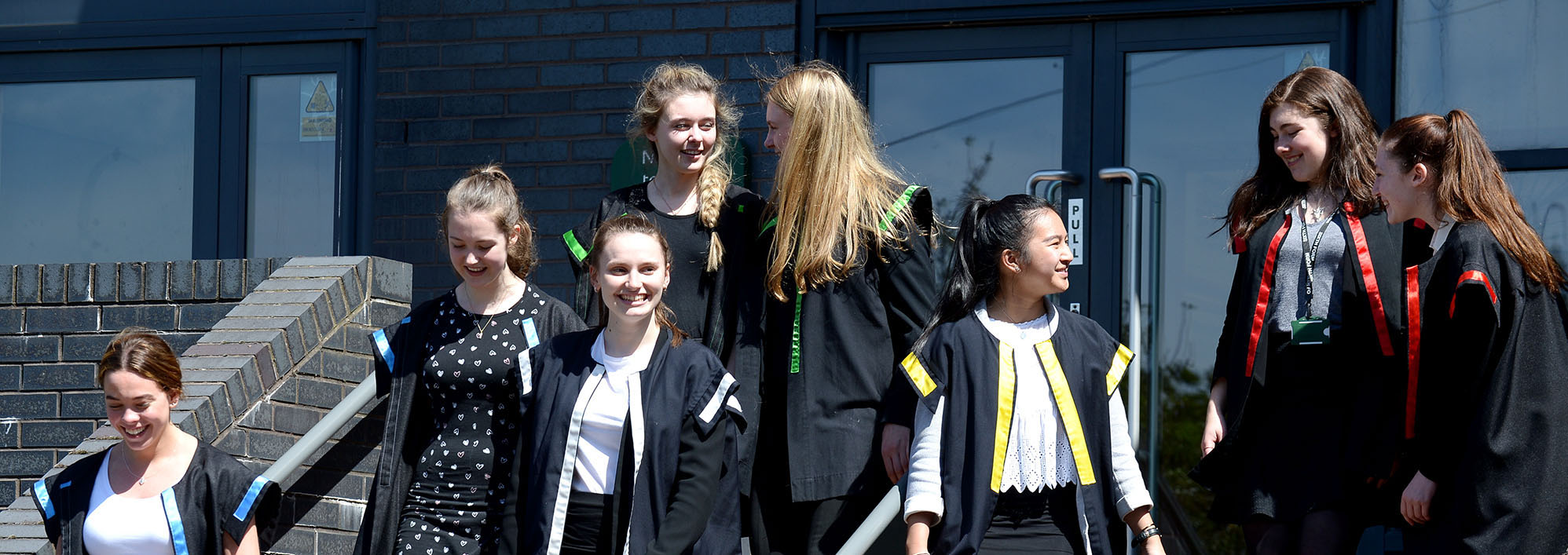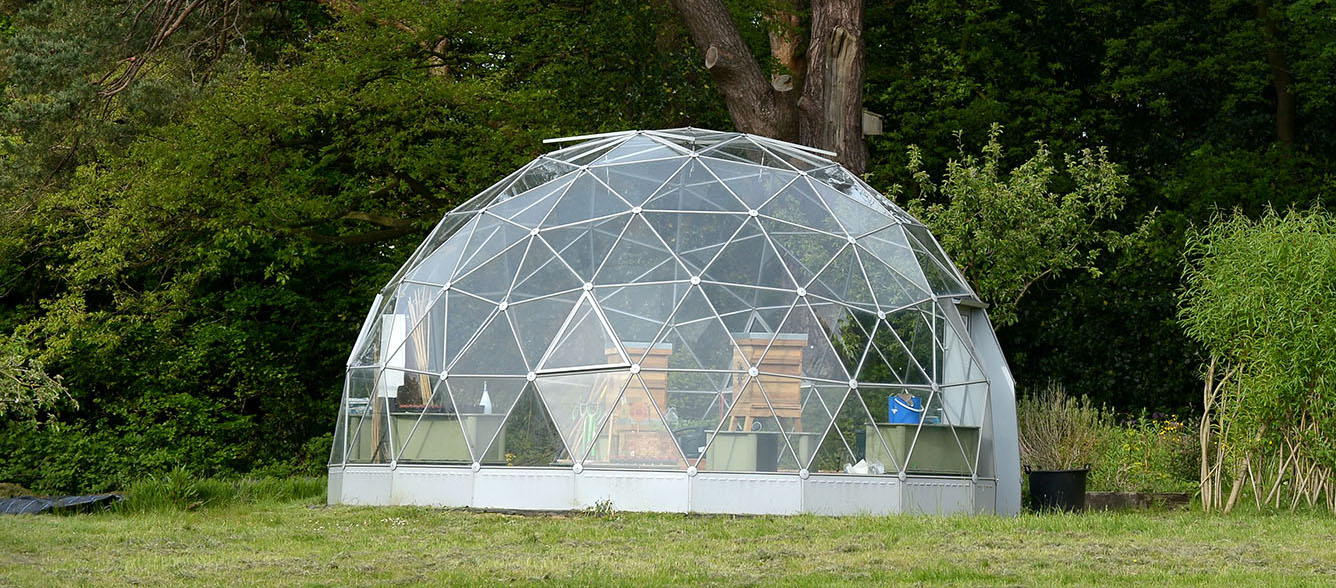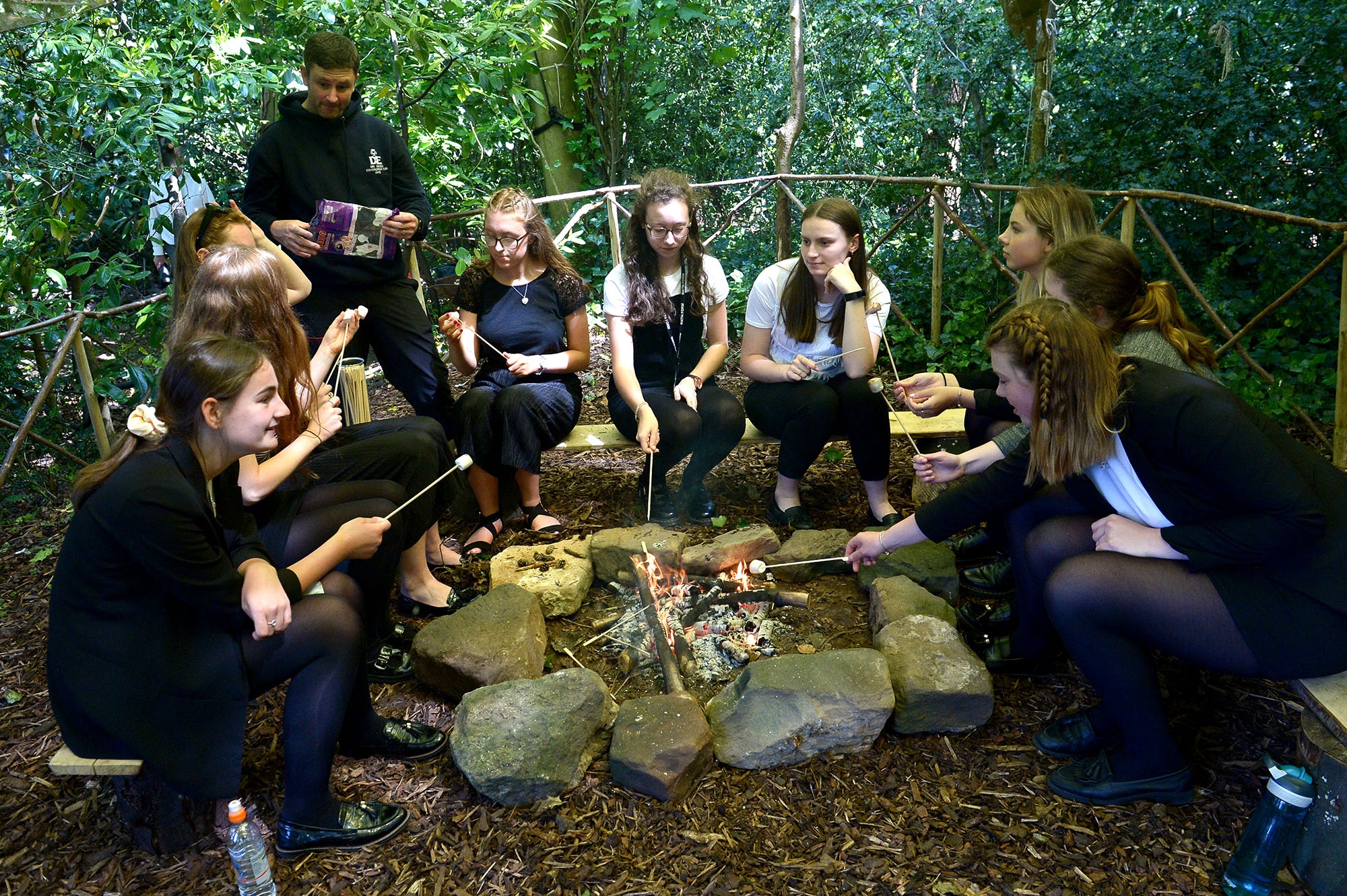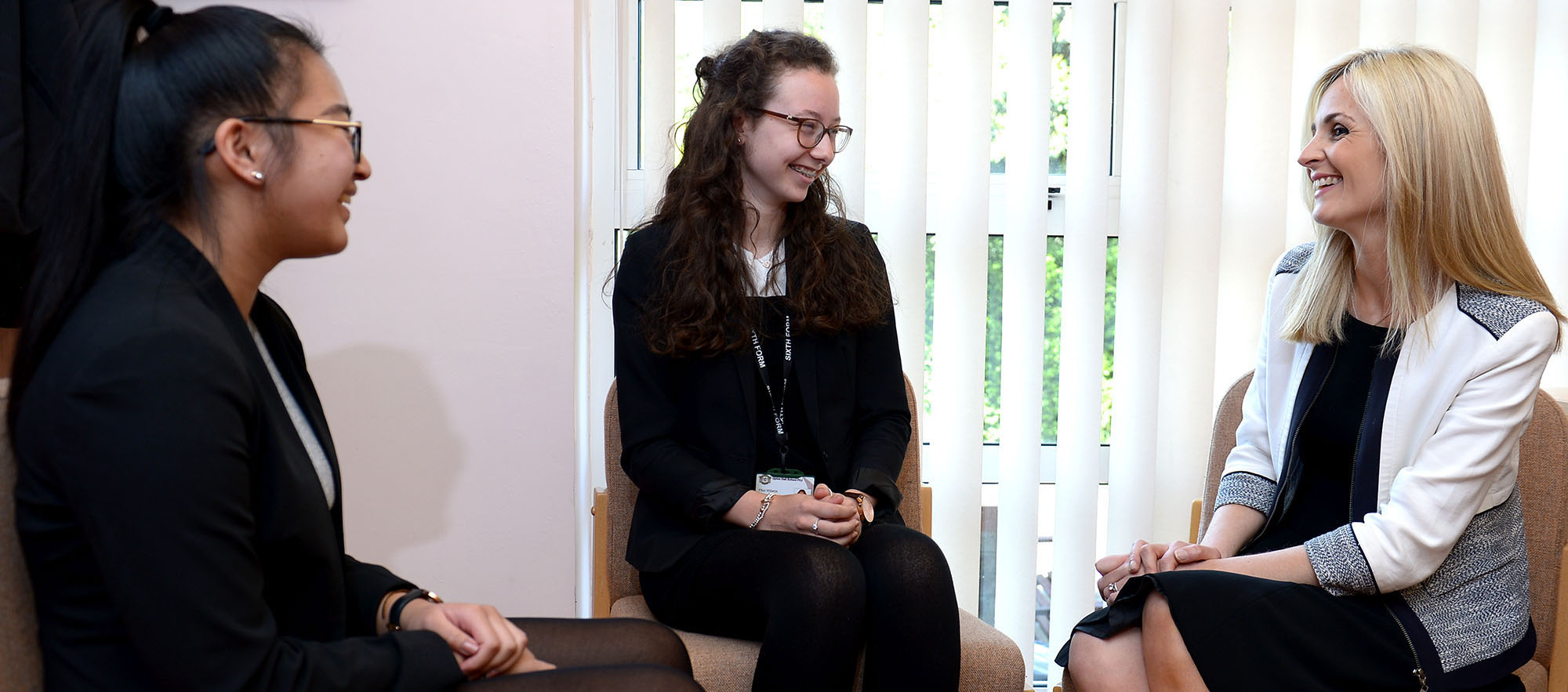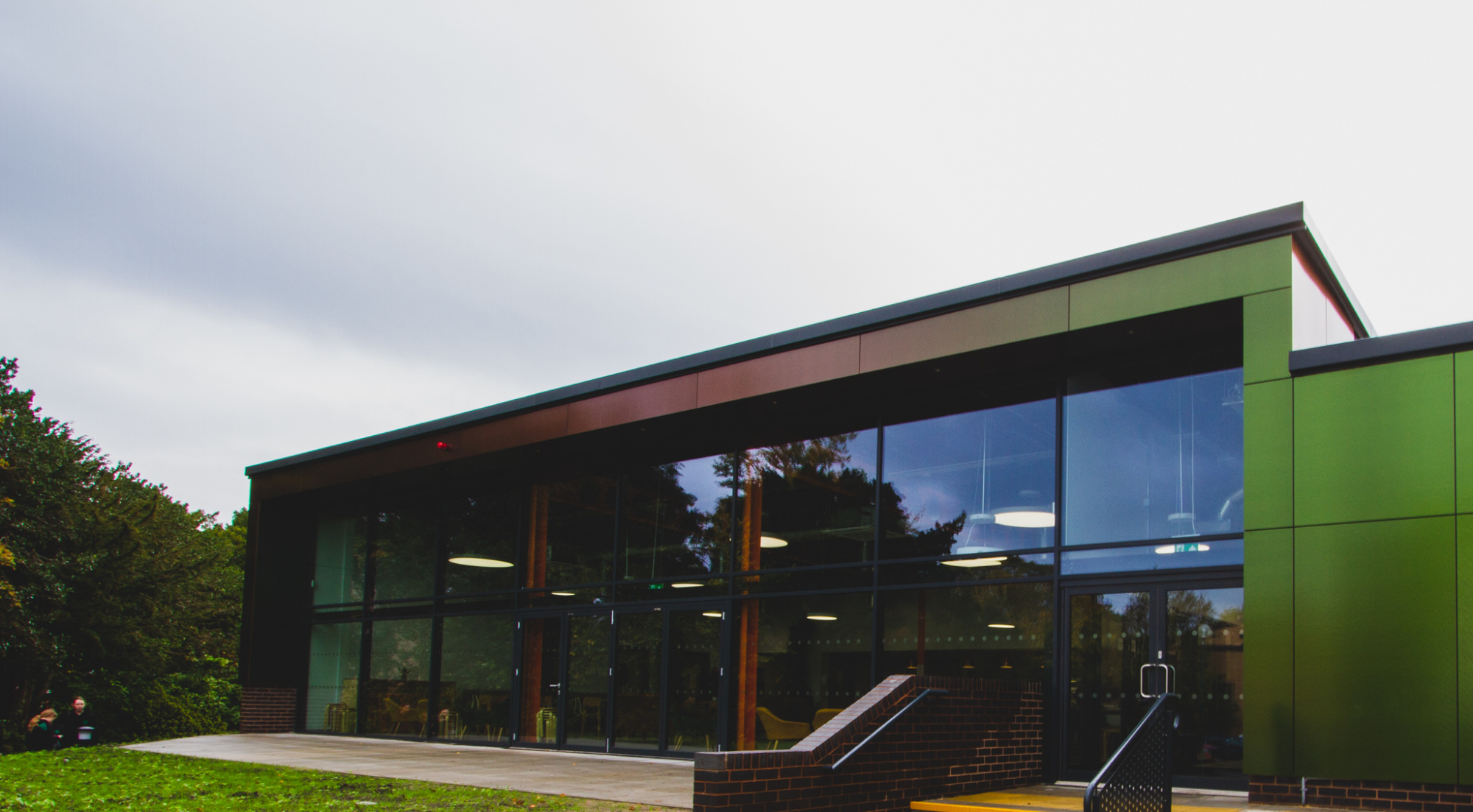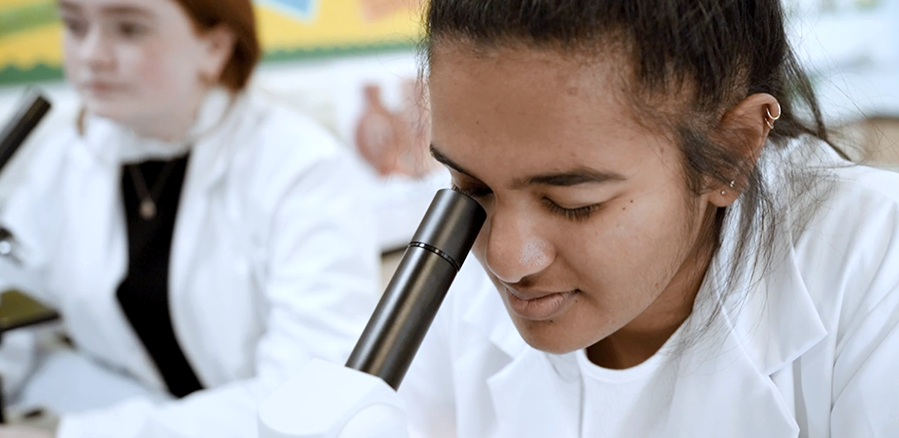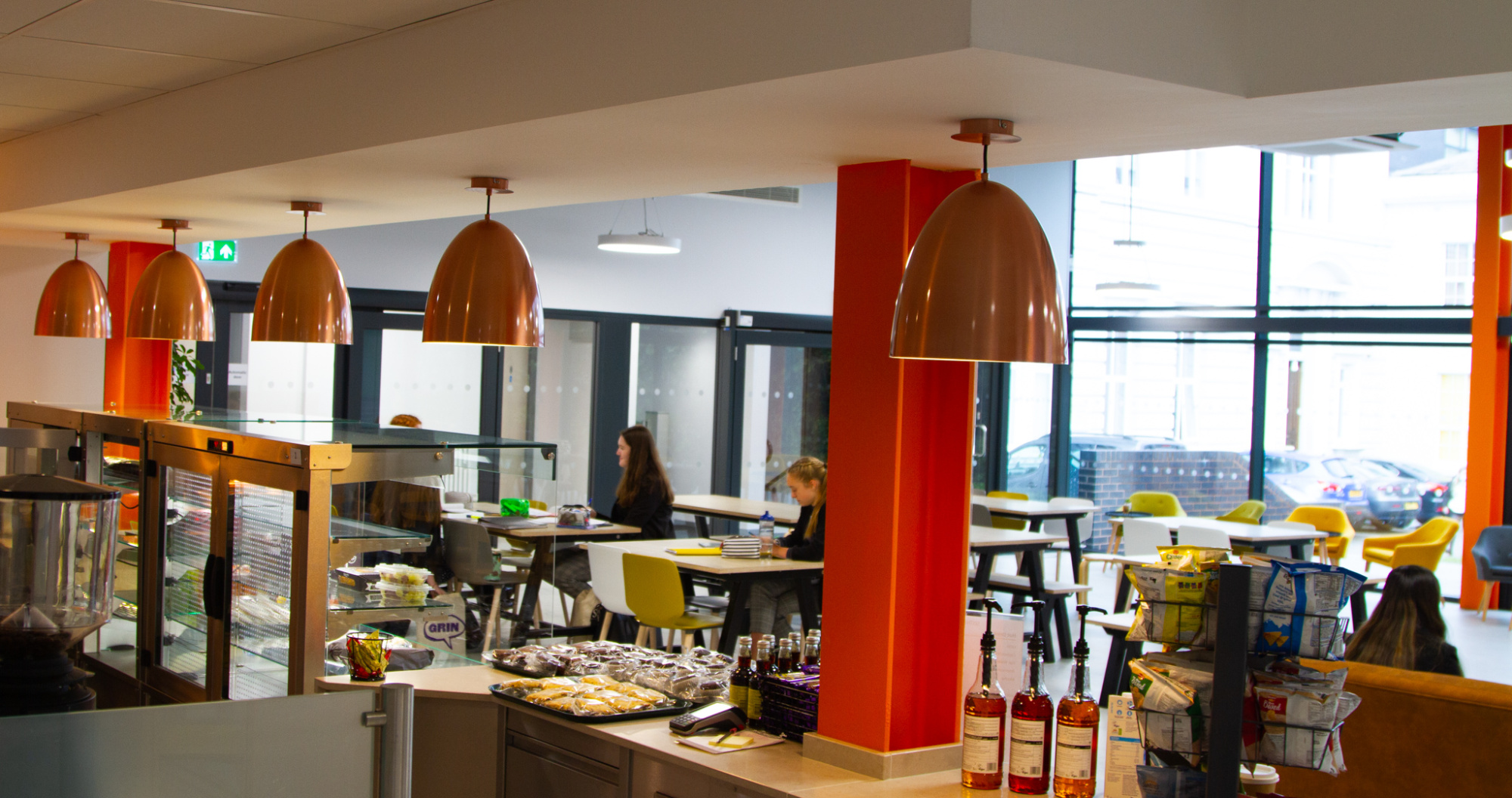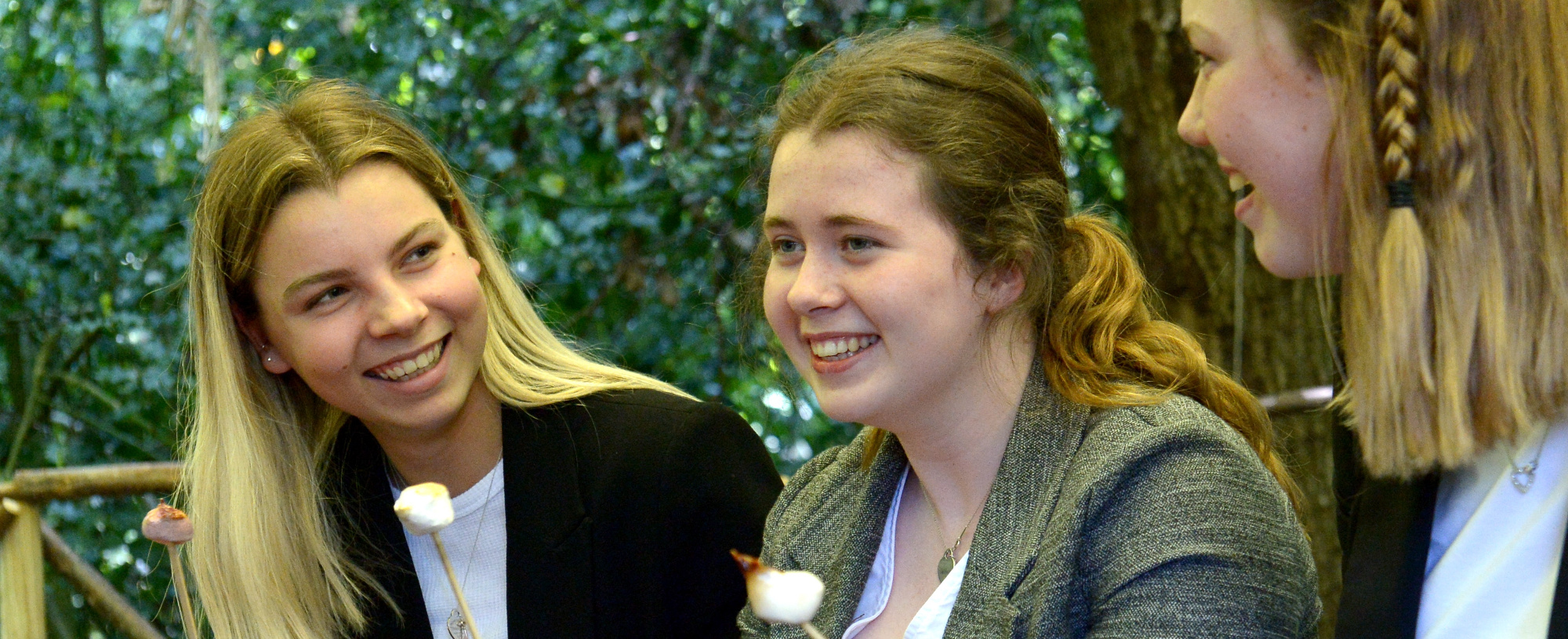History
Course Overview
Students of History A Level will study three exciting periods of change in British, European and American history: the Norman Conquest; the Reformation; and the Witch Craze in Europe and North America.
Students can see through the eyes of people in the past. Using interpretations of the past, ranging from the Bayeux Tapestry to the records of the Salem witch trials, students will learn to think critically. Our students are passionate about History and able to see the importance of understanding the past when analysing the present.
Entry Requirements
A minimum of a grade 6 in GCSE History is required to study A Level History.
A Level Topics and Assessment
- Anglo-Saxon England 1035—1066
- The Norman Conquest 1066
- William the Conqueror and William Rufus
- The mysterious death of William Rufus and Henry I
- The German Reformation 1527—1529
- Charles V
- Popular culture and the Witchcraze of the 16th and 17th centuries
|
OCR Exam |
Paper 1: Norman Conquest |
Paper 2: German Reformation |
Paper 3: Witch Craze |
Coursework |
|---|---|---|---|---|
|
Length |
Written exam: 1 hour 30 minutes |
Written exam: 1 Hour |
Written exam: 2 Hours 30 Minutes |
Independent study on the Witch Craze |
|
Weighting |
50 marks in total 25% of A-Level |
30 marks in total 15% of A-Level |
80 marks in total 40% of A-Level |
40 marks in total 20% of A-Level |
Beyond the Classroom and Future Prospects
Students of A Level History have the opportunity to take part in the national Great Debate competition, Wirral Youth Parliament and the essay competition run by the Historical Association each year. Trips to Auschwitz are offered, along with other visits to historical sites
A History A Level can help with any career which requires analysis and critical thinking, including law, journalism and business management, as well as careers which require historical knowledge, such as museum curatorship and archive work.
Student Experience
I really enjoyed History because I found it interesting to see how people's lifestyles and beliefs have changed. I learnt that studying the past helps us to understand the world in which we live today




